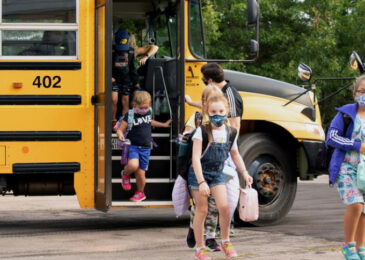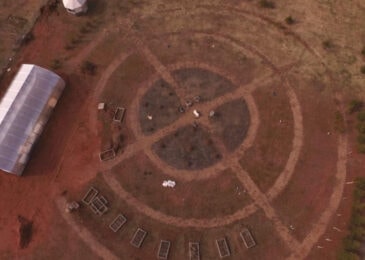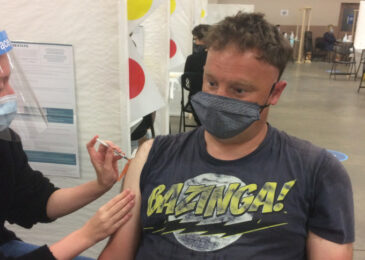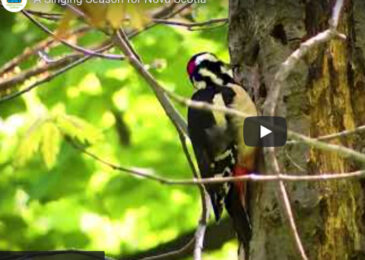Kendall Worth: Julie’s story
Kendall Worth meets up with Julie, who is on income assistance and talks about how caseworkers basically control your life. “Julie was even told to keep the receipts of everything she spent so at her income assistance intake interview the intake worker can determine the money she had saved in her bank account was spent reasonably.”










